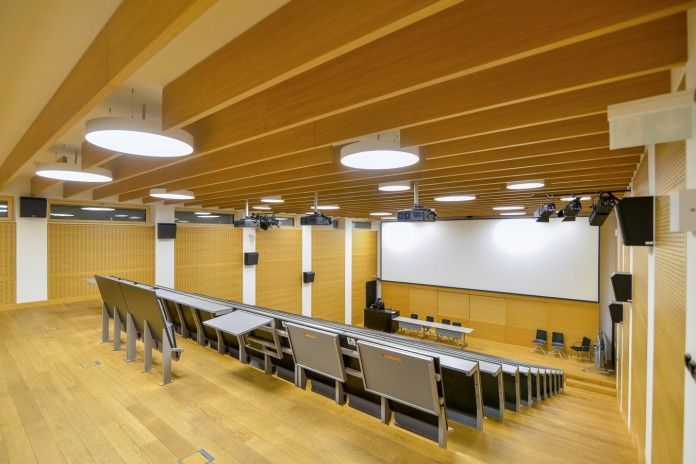
Description
Lectures for students of the master's program
Guarantor:
prof. Tomáš Knoz
Annotation:
Course The Liechtenstein Phenomenon
The course "The Liechtenstein Phenomenon" deals with the history of the activities of the Princely House of Liechtenstein in Central Europe from a long-term perspective and with the mutual relations between Czechoslovakia and the Princely House of Liechtenstein or the Principality of Liechtenstein over the last two centuries. Since the Middle Ages, the Liechtensteins belonged to one of the most important noble families in the Austrian and Bohemian lands. In the early modern period, they also experienced a great rise, which was accompanied by conversion to Catholicism, elevation to the rank of princes, the attainment of important offices at both national and court level and significant participation in fundamental events in Bohemian history. These include the Habsburg "fratricidal quarrel" and the Bohemian Estates Uprising with the subsequent repression of its participants and social changes following the Battle of White Mountain. The members of the early modern and modern generations of the Liechtenstein Princely House not only acquired significant social and wealthy status, but also became important creators of princely court etiquette and patrons of art and culture. The Liechtenstein phenomenon also had an impact on the modern era. Modernizing social processes, stereotypes associated with the idea of the historical role of the Princely House, the actual or alleged activities of the Liechtensteiners during periods of crisis in the 19th and 20th centuries, and the development of the Princely House's own identity were all important factors. As a result of the development of their own statehood between Moravia and the Upper Rhine region, the Liechtensteins were subject to the first land reform and the confiscations carried out on the basis of presidential decrees after the Second World War. It can be said that this made the Liechtensteins a unique phenomenon in Czech and Central European history.
The content of the course "The Liechtenstein Phenomenon" is based on the conclusions of the Czech-Liechtensteins Commission of Historians 2010-2014. In addition to the organizer Tomáš Knoz, other members and employees of the commission will also participate in the course (PhD Dvořák, prof. Županič, PhD Fučíková, PhD Horák, PhD Horčička, PhD Konečný, PhD Stögmann, PhD Kräftner, PhD Golec). The course will be divided into two parts. The first part will deal with the phenomenon of Liechtenstein from a long-term perspective. It will examine places of Liechtenstein memory, the formation of historical stereotypes and myths, the role of culture and art in the reconstruction of Liechtenstein's representation and the understunding of their image in the history. The second part will focus on the role of the Principality of Liechtenstein in modern and contemporary Europe, questions of the first land reform, activities of Liechtensteiners during the Second World War and post-war confiscations of Liechtenstein properties.
The lectures will take place on Tuesdays from 14:10 to 15:40 at the Faculty of Philosophy of Masaryk University in Brno, Arne Nováka 1, Building B, Lecture Hall B2.41.
The course is organized in cooperation with the Czech-Liechtenstein Commission of Historians (the Czech part), which operates under the Ministry of Foreign Affairs of the Czech Republic.
